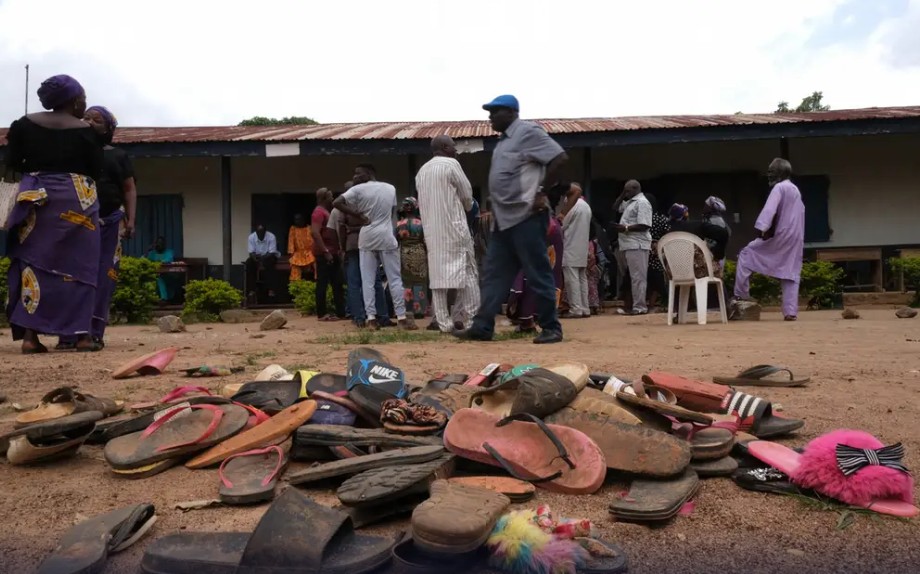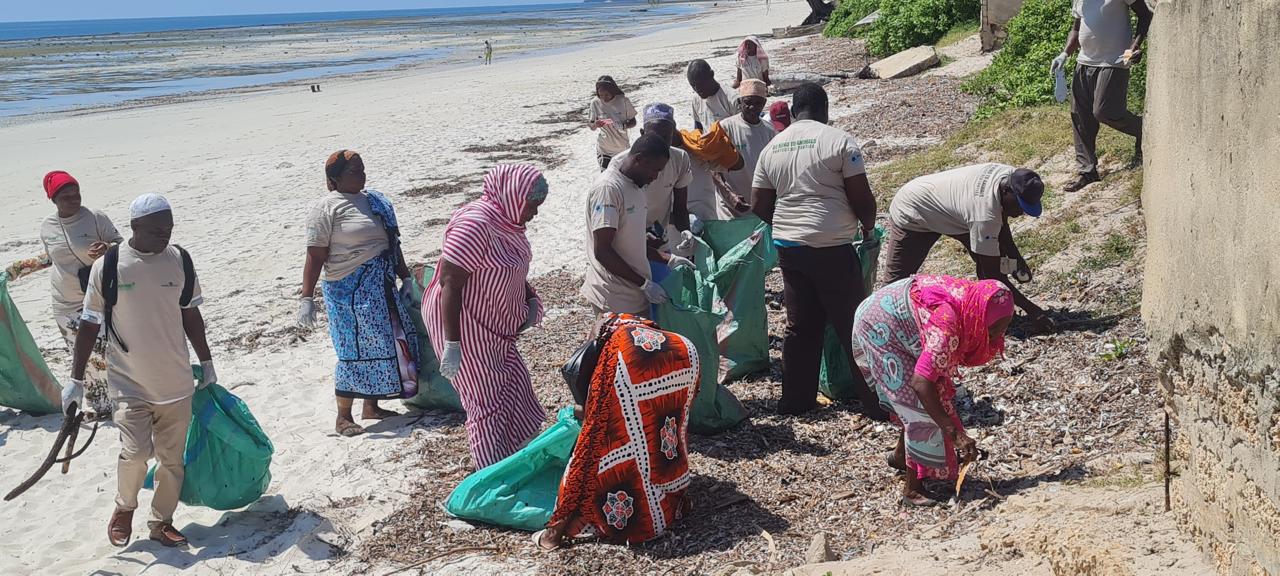Gender divide: Why men are more prone to tuberculosis
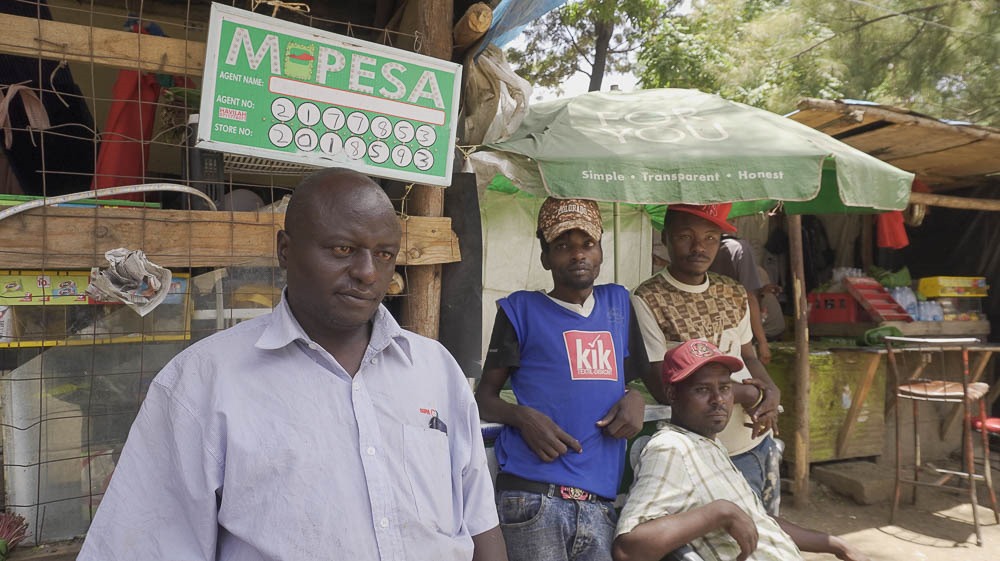
According to the LIGHT Consortium, TB remains a significant public health challenge in Kenya, disproportionately affecting men. The consortium reports that 55% of TB cases occur in men, compared to 33% in women and 12% in children.
In many informal settings, friendship among men is often symbolised by sharing items such as drinks, cigarettes, and utensils. These practices are seen as bonding rituals, reinforcing a sense of brotherhood.
However, for Reuben Ngore, a miraa trader from Eastleigh, this tradition has become a source of tension. Despite his efforts to convince his peers that sharing these items can pose health risks, he faces an uphill battle.
More To Read
- Kenya unveils advanced bronchoscopy programme at KNH to strengthen respiratory care
- New antibiotic outperforms standard tuberculosis treatment in global trial
- Tuberculosis cases fall for first time since pandemic- WHO
- Surviving the next pandemic could depend on where you live
- WHO urges countries to protect health budgets amid aid reductions
- Turkana County, Amref launch final phase of HIV, TB and reproductive care project
"It's hard. When you refuse to share something like a glass, they look at you like you're pretending, acting all high and mighty. You're treated like an outsider," he says.
Time and again, Reuben has resisted the pressure to conform, only to be met with mockery or exclusion. "Sometimes, I stand my ground and refuse to share, but other times, the pressure is so much that you give in just to avoid being sidelined."
In the past, Kenya had strict quarantine measures for people with tuberculosis (TB), and patients were closely monitored to ensure they received treatment.
"We used to see TB patients being quarantined. It was serious, but nowadays, people think they're invincible. They don't realise the danger," Reuben says.
Despite strides made in TB control, many still believe they are immune to it, leading to gaps in awareness. Research has shown that social and environmental factors are widening the TB gender gap, with practices like sharing glasses, cigarettes, and eating from communal utensils being major contributors to the spread of TB—especially in the informal sector.
These behaviours make men particularly vulnerable, as they are more likely to engage in such habits than women. Reuben is frustrated by the lack of action. "Men don't like going to the hospital, and that's a big problem. If we could raise more awareness and make it easier for people to seek help, we could save a lot of lives."
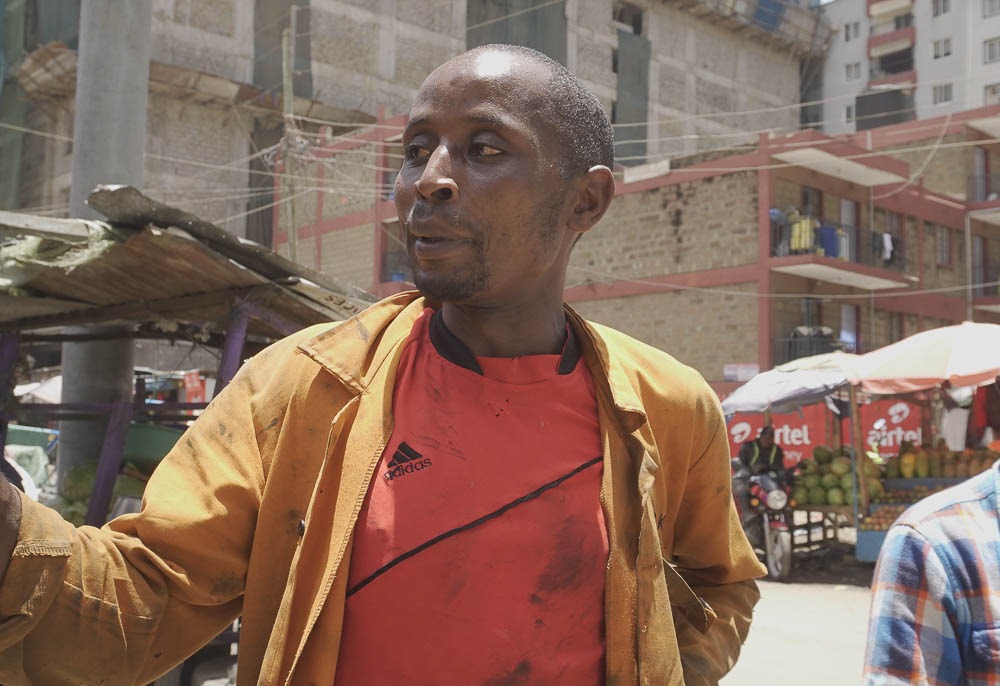 Simon Mbugua, a mechanic from Eastleigh, has been struggling with a persistent cough for over two weeks. (Justine Ondieki)
Simon Mbugua, a mechanic from Eastleigh, has been struggling with a persistent cough for over two weeks. (Justine Ondieki)
Simon Mbugua, a mechanic from Eastleigh, has been struggling with a persistent cough for over two weeks. However, like many men in his community, he has yet to seek medical attention. He doesn't understand what's causing it, assuming that it's just a cold or perhaps a temporary issue.
"I just thought it was the cold or something like that. I didn't think much of it. I haven't gone to the doctor because it doesn't seem serious," he says. Like many of his peers, Simon doesn't consider it a big deal.
When he's not working, Simon often spends his time in a small, affordable hotel where he and his friends gather after long days. The hotel is a popular spot for many local men, where they can grab a quick meal, share stories, and bond over food.
"We share a lot when we go to these hotels. Everyone's usually in a hurry because of our work, so it's common for even ten people to drink from the same glass of water, and we think that's normal."
The act of sharing, he says, is simply part of their routine and a way to stay connected. He doesn't really think about the potential health risks involved in these behaviours. "It's just something we've always done. It's a good time to catch up with the guys."
To Simon, these shared moments of friendship are more important than worrying about health concerns.
Other Topics To Read
When it comes to tuberculosis, Simon admits that he doesn't understand how it spreads. "Sometimes, you might see someone coughing, but we just assume it's a cold or maybe from the medicine they're taking."
In fact, Simon believes that the responsibility lies more with the hotel staff than with the customers. "The people who should be more cautious are the hotel workers. They're the ones who should maintain proper hygiene, especially since so many people come through there."
Simon's casual attitude toward his cough and the potential risks of shared utensils reflects a deeper lack of awareness among many men in his community. He isn't alone in brushing off these concerns—many, like him, feel that these habits are harmless because they've been part of the culture for so long. What Simon doesn't realise is that such practices could put him and others at risk for TB, a disease that thrives in shared spaces and poor hygiene conditions.
Fundi Mbako, a resident of Majengo, is aware that sharing personal items may not be the best practice, but he still participates because it's simply what men do. "We've grown up sharing, and it's just normal for us. I'm not really focused on the diseases that can spread from it."
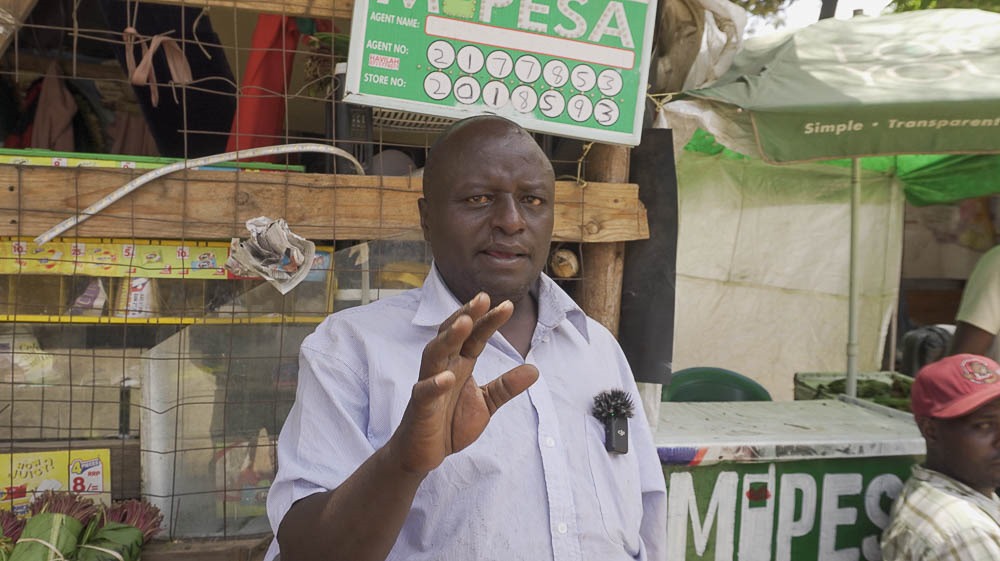 Reuben Ngore addressing the impact of educating people on TB transmission on March 25, 2025. (Photo: Justine Ondieki)
Reuben Ngore addressing the impact of educating people on TB transmission on March 25, 2025. (Photo: Justine Ondieki)
For Fundi, sharing is part of the culture, and it doesn't seem out of place to engage in these behaviours, even if he knows there might be risks involved. He points out that men in his community are often found sitting together in groups, and when they're gathered like this, not sharing simply isn't an option.
"When we're in those groups, you can't avoid sharing. It's just how things are," Fundi says.
For him, it's less about considering the consequences and more about the social dynamics of being with friends and peers. Sharing is part of the moment, and it feels like an essential part of bonding.
Public health challenge
According to the LIGHT Consortium, TB remains a significant public health challenge in Kenya, disproportionately affecting men. The consortium reports that 55% of TB cases occur in men, compared to 33% in women and 12% in children. The Global TB Report 2024 further emphasises that adult men have a 1.7 times higher incidence of TB than women, highlighting the gendered nature of the disease burden.
LIGHT notes that in 2023, approximately 340 people developed TB daily in Kenya. Men accounted for six out of ten cases, followed by women at three out of ten and children at one out of ten.
Alarmingly, one in five people with TB missed out on treatment and care, exacerbating health risks and increasing transmission.
Despite progress in managing drug-resistant TB, with 750 patients currently receiving second-line treatment, Kenya remains among the top 20 high-burden TB and HIV countries, contributing to 80%
Top Stories Today






